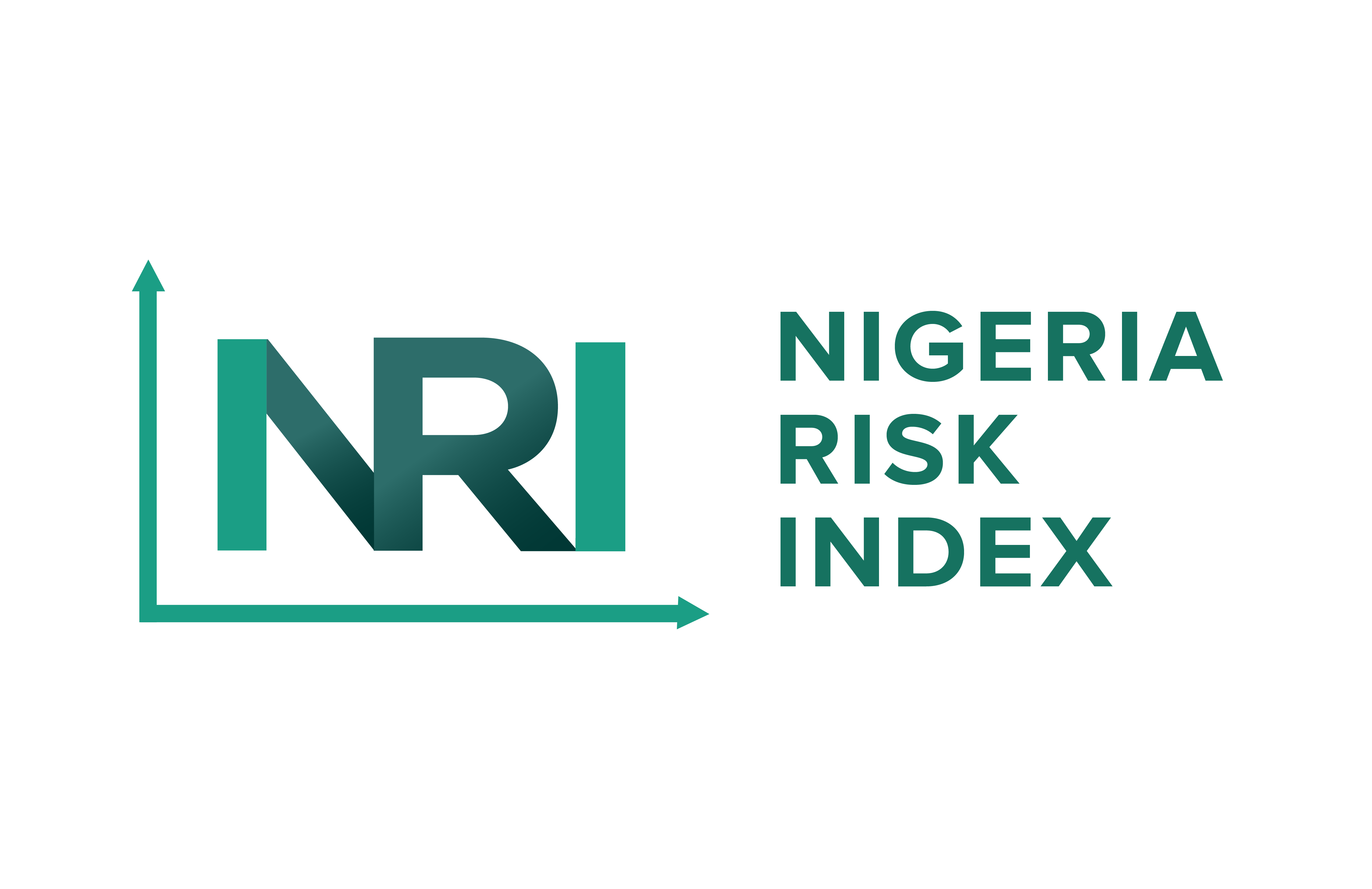Insights
She was walking home from church. She was attending a campus party. She was in her own house. The stories may start differently, but they all end in the same place - silence, fear, and the haunting question, “Will anyone believe me?”
Across Nigeria, women and girls are living through a hidden war. One that leaves no craters in the ground but shatters lives all the same. From Lagos to Kano, Enugu to Yola, Gender-Based Violence is tightening its grip. And while the country debates politics and economy, these stories continue to pile up - unreported, unresolved, and far too often, unnoticed.
The Numbers Are Climbing, But Few Are Counting
In 2025 alone, multiple advocacy groups have reported an unprecedented spike in femicide - women killed simply for daring to exist in the wrong place at the wrong time. Yet, the official records remain disturbingly blank. Community leaders whisper. Social media trends rise and fall. But what about justice? What about prevention?
One human rights organization revealed that reported GBV cases have increased by over 45% since the start of the year. However, less than 5% of these cases have led to convictions. The rest are lost in police stations, buried in family negotiations, or left hanging in courtrooms where survivors are forced to relive their trauma.
Take the story of Hauwa, a university student in Kaduna. She was attacked on her way back from a night study group. When she finally gathered the courage to report it, she was met with laughter by the officer on duty. "You sef, why you go waka that time?" That one sentence closed the case before it even began.
Hauwa’s story is not unique. It is the shared reality of countless women who have learned to carry their pain alone because the system built to protect them often feels like another layer of betrayal.
Today, parents teach their daughters to clutch their phones, walk in groups, and share their locations - not because they are paranoid, but because they know the world they are raising them in. Neighborhoods build fences higher, streets grow quieter at night, and women learn to navigate life with the constant hum of fear in the back of their minds. But... fear is not protection, just as Silence is not safety.
Nigeria Must Wake Up Now
Gender-Based Violence is not just a women’s issue. It is a national security threat. It tears apart families, destabilizes communities, and breeds generational trauma. Every unreported case sends a message that violence is acceptable, that justice is optional, that women’s lives are negotiable.
The truth is simple: if half of the population is not safe, the nation is not safe. While government agencies launch campaigns and slogans, the reality on the ground remains unchanged for most. Survivors need more than hashtags. They need trained, trusted, and trauma-informed response systems. They need laws that work, police that care, and communities that protect - not silence - them.
Every time a survivor is asked to "forgive and move on," every time a rapist walks free because "he knows people," every time a family buries their daughter and calls it "destiny," Nigeria loses a piece of itself. This is not the future we promised. This is not the safety we deserve.
The way forward
While the system still struggles to protect victims, communities can take small but impactful steps. Always let someone you trust know your movements, especially when traveling alone or at night. Save the numbers of local NGOs, human rights groups, and trusted legal aid centers. If you hear or witness abuse, do not stay silent - reach out to community leaders, religious organizations, or security services. Silence protects the abuser, not the victim.
If you or someone you know is in immediate danger, call the Nigeria Police Force emergency line (112), the Lagos State Domestic and Sexual Violence Response Team (DSVRT) at 08000333333, or a trusted local GBV response center…Because safety is not a privilege. It is a right!

The Risk Control Team
